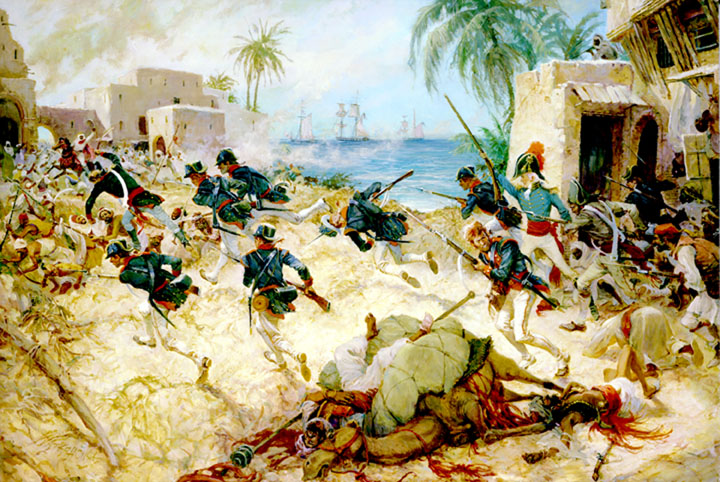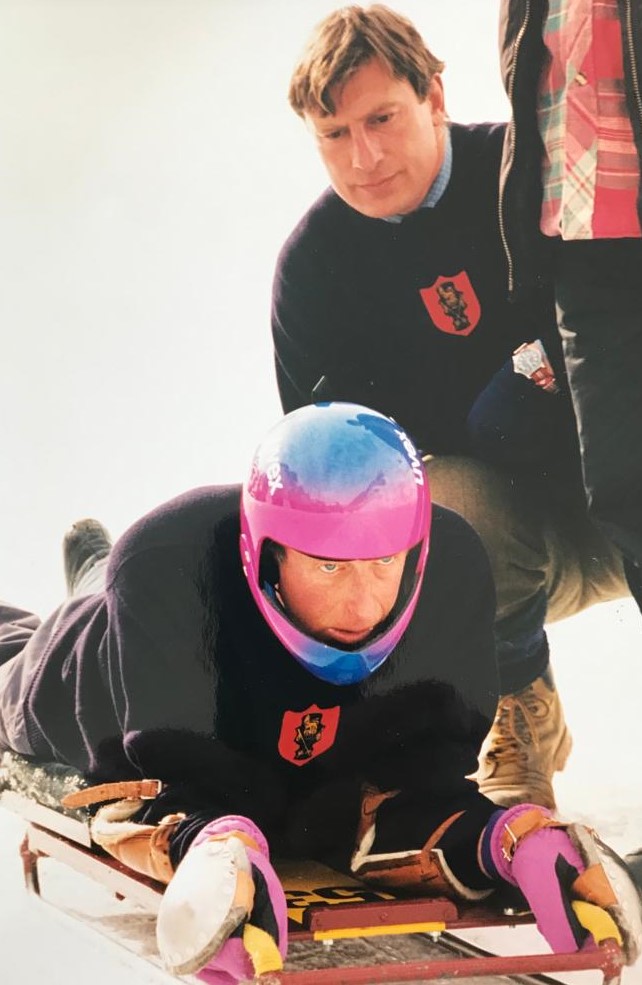The MoD is currently weighing the wisdom of deploying the Royal Marines to help deliver humanitarian aid to the starving population in Gaza. There is no doubt the commandoes are the most suitable troops to undertake this risky task, but would their involvement develop into something bigger? As Field Marshal Inge once said metaphorically about peacekeeping in Bosnia, there is a high chance of “putting our hands in a mangle”.
History tells us that this has happened before. In April 1918, a party of Royal Marines landed in Vladivostok to protect the supplies that were sent by the British Government in support of our Allies. Thus began an entanglement in Siberia that lasted until the British headquarters left in May 1920, with the Royals becoming deeply involved in the Russian civil war and earning many distinguished awards for their fire support to the White Army on the Kama River.
Given the complicated situation in Gaza, it is not beyond the bounds of imagination that the Royal Marines will still be there in two years time, if the government deploys them in May.

Captain Tom Jameson of the Royal Marines with the White Fleet commanders in Siberia




